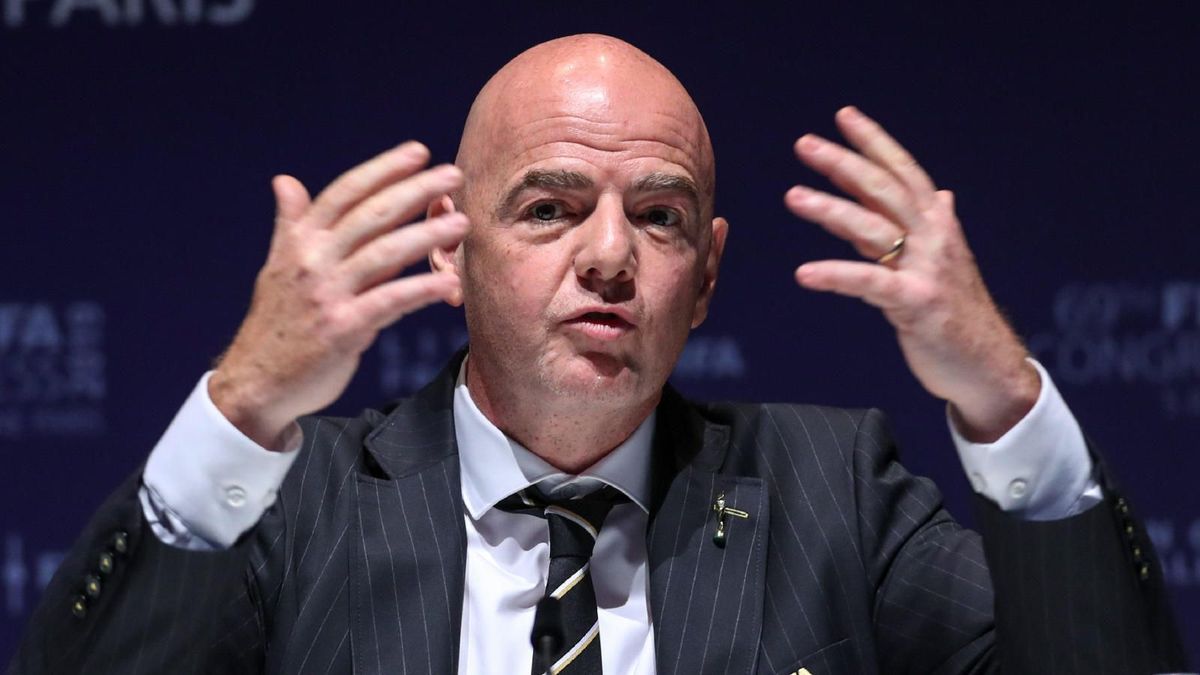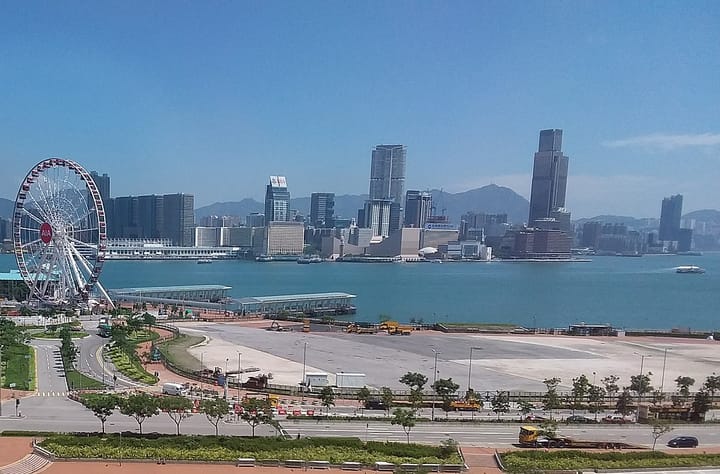FIFA chief’s strange opening statement to the World Cup
Now, the president of FIFA, Gianni Infantino, is getting attention for his opening statements.

A few minutes every morning is all you need.
Stay up to date on the world's Headlines and Human Stories. It's fun, it's factual, it's fluff-free.
This year’s World Cup is the first ever held in the Middle East, making it a historical event. But it’s also seen a lot of criticism. Qatar is hosting, and that’s brought the eyes of the world onto human rights issues there related to migrant workers, the LGBTQ community and women’s rights.
Now, the president of FIFA, Gianni Infantino, is getting attention for his opening statements. The World Cup kicked off on Sunday, and he spoke on Saturday – for an hour. With FIFA being criticized for going ahead with Qatar as a host country, he was ready to push back.
He attacked Western critics of Qatar, Western companies who work with the country and human rights groups and news media who have brought attention to issues, particularly those of migrant workers. He accused them of “moral lesson-giving” and “hypocrisy,” saying that changes take time. He defended the ban on alcohol in the stadiums, citing similar rules in place in Europe, and he assured the crowd that everyone, including LGBTQ+ fans, was welcome at the event.
Key comments:
"Today I feel Qatari, I feel Arab, I feel African, I feel gay, I feel disabled, I feel a migrant worker," Infantino began in his statement.
"I think for what we Europeans have been doing around the world for the last 3,000 years, we should be apologizing for the next 3,000 years, before starting to give moral lessons," Infantino also said.
"Everybody respects the migrant workers here," Sheikh Mohammed (Qatar's youngest prince) has said.
"The 6,500 figure takes the number of all foreign worker deaths in the country over a 10-year period and attributes it to the World Cup," the official said. "This is not true and neglects all other causes of death including illness, old age and traffic accidents. It also fails to recognize that only 20% of foreign workers in Qatar are employed on construction sites," said Qatari official Hassan Al Thawadi.
"This event was entirely built on the backs of migrant workers, on a completely unequal balance of power," said Michael Page, deputy director in the Middle East and North Africa division at Human Rights Watch. "These were very predictable abuses."




Comments ()